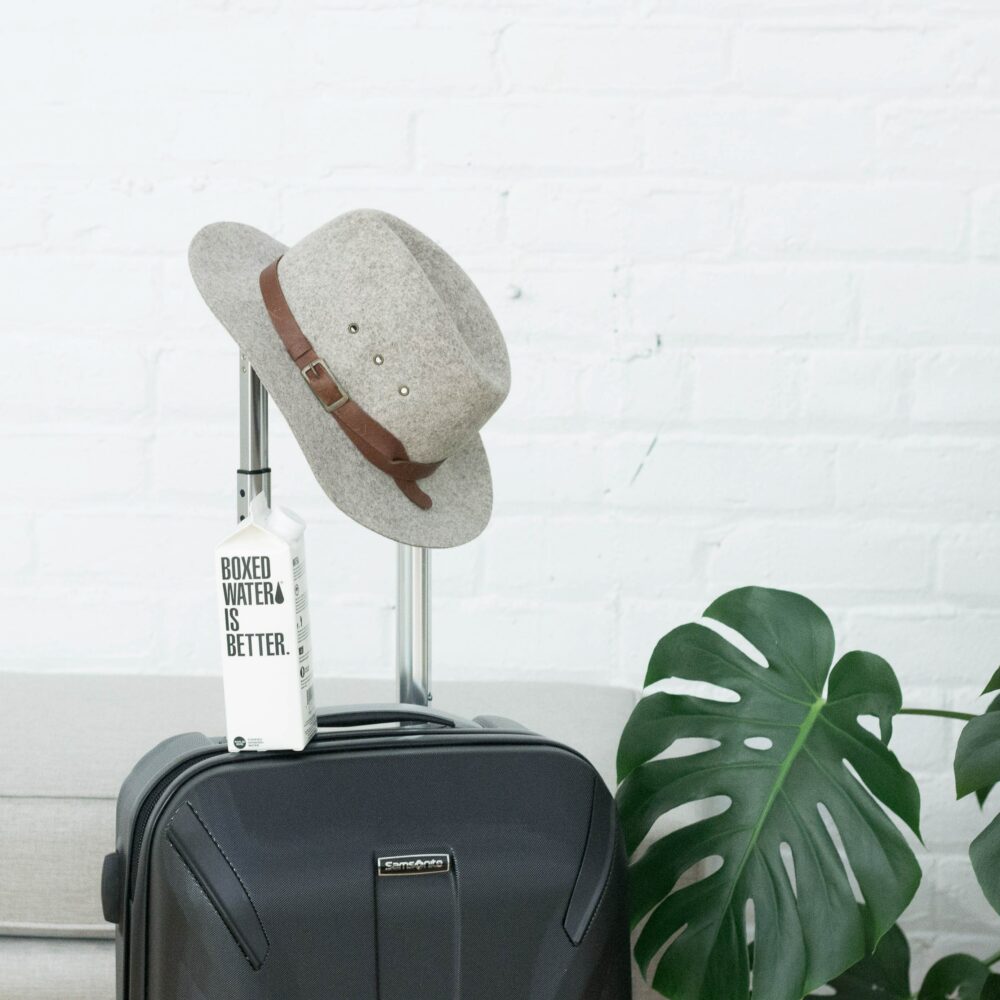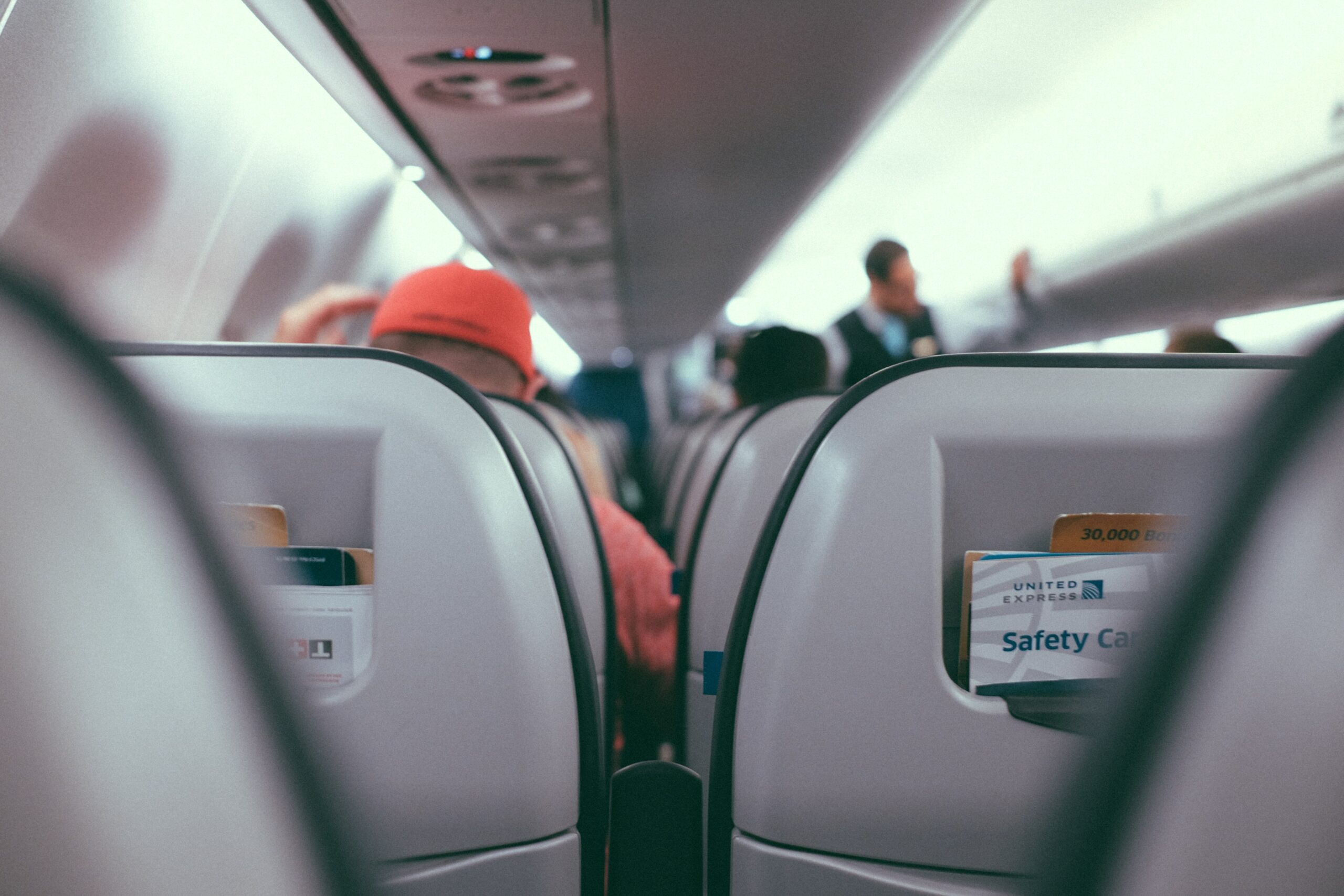
How to Beat Jet Lag
Travel |

Have you ever found yourself staring at the ceiling of your hotel room, counting sheep at 3 am? When you just can’t sleep, because your body is still nine hours behind, and there’s nothing you can do about it? As exciting as traveling can be, it does come with a few downsides- jet lag being one of the worst.
Spending as much time as I do bouncing from one time zone to another, I have inevitably picked up a few tricks to recalibrate that pesky, disrupted internal clock.

Shift time zones gradually
Sometimes called acclimating, this is when you start adjusting your sleeping schedule to the new time zone a few days before you fly. Leading up to departure, I recommend gradually shifting your sleep and wake-up time by 15 minutes each day. This is perfect for more drastic time zone changes, as it’s less of a shock to the system once you arrive at your destination. It is particularly helpful if you are traveling east (which causes more issues because the body clock has to be advanced), or have action-packed days as soon as you land.
Don’t shift your schedule for short trips
If you’re going to be in another time zone for under 48 hours, don’t bother trying to shift your internal clock. You’ll only end up having to try and get it back to normal almost immediately, which will just add to the confusion. It’s a better idea to simply take a nap if you need one (and don’t forget to set an alarm so you don’t miss any meetings!).
Change clock times ASAP
This is such a good trick that everyone tends to forget about. Set your clocks to the new time before you board the plane so your mind and body can get used to it. Just make sure you’ve checked in beforehand so you don’t accidentally miss your flight.

Stay hydrated
Simple, effective, and non-negotiable. Even if the time difference is only an hour or so, drinking plenty of water on a flight is one of the most important things you can do to keep yourself feeling human. The cold, dry air on the plane is no one’s friend and can leave you parched inside and out. Your body will thank you for remembering to toss a water bottle or two in your carry-on.
Adjust meal times
Along with your sleeping times, you’ll want to adjust your meal times for the smoothest transition into your new time zone. This goes for when you eat on the plane, too. If you’re on a night flight, it’s best to avoid eating anything significant. Skip those heavy airplane meals unless you have regular midnight snacks, otherwise, you’ll throw your body clock into disarray.
Sleep on the plane
This is a bit of a controversial one. Some say sleep as much as possible, while others say you should try to stay awake. The simplest solution is just to find what works best for you. I personally try to time my flights so that I can sleep on them, if possible. This works well if it’s nighttime in the new time zone, so I can wake up ready for action in the daytime.

Avoid alcohol
Ok, who am I kidding? I definitely don’t blame you for having a glass of wine on a flight. Whether you drink to help get some sleep or make the most of your flight, it’s totally understandable. We’ve all been there. You will be absolutely fine as long as you don’t overdo it. Just remember to keep hydrated and drink that water you packed in your carry-on. Waking up with a hangover on a plane, crammed full of strangers, is a special kind of hell.
Stretch
While not exactly a cure for jet lag, there are so many reasons to stretch. Primarily, stretching will give your body a break from hours of being squished and contorted into unnatural positions. It works wonders, and can certainly help you feel more rested. It doesn’t have to be complicated either – simply take a walk up and down the aisle every hour or so. A good stretch and shaking out of stiff limbs can help you relax and be comfortable enough to sleep and, more importantly, can also help to prevent scarier things like deep vein thrombosis.
Avoid sleeping pills
While you ultimately need to go with what works best for you, this is another debatable tactic that has split views. We truly feel that natural sleep is the best sleep, so whenever possible, try to allow your body to naturally adjust to the new time zone before you turn to medication.
Herbal teas and supplements can be incredibly effective, so you may want to tuck a few into your carry-on, should the need arise. To encourage sleep and ease anxiety, look for teas or supplements that contain chamomile, lavender, passionflower, lemon balm, or valerian root.







